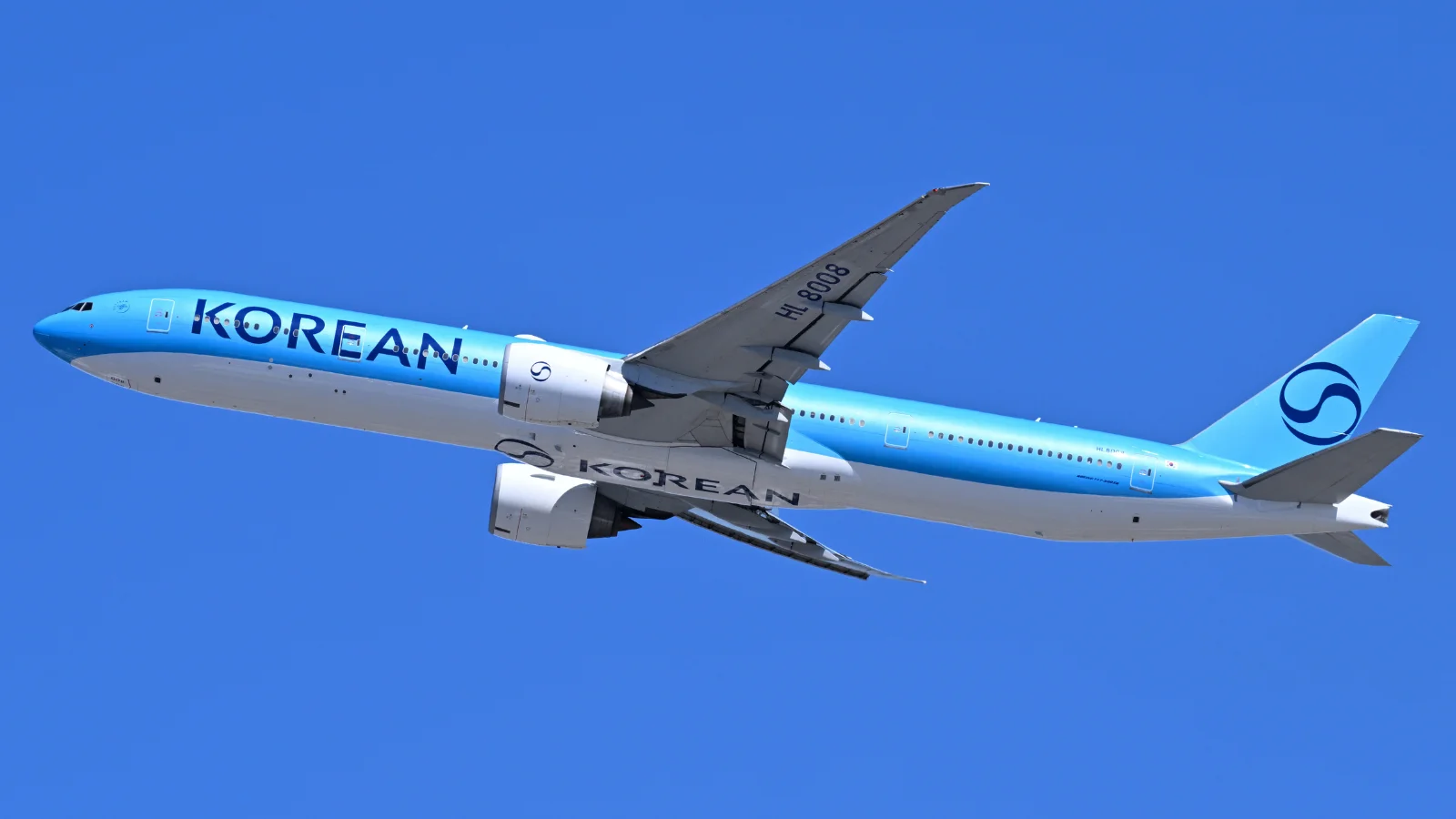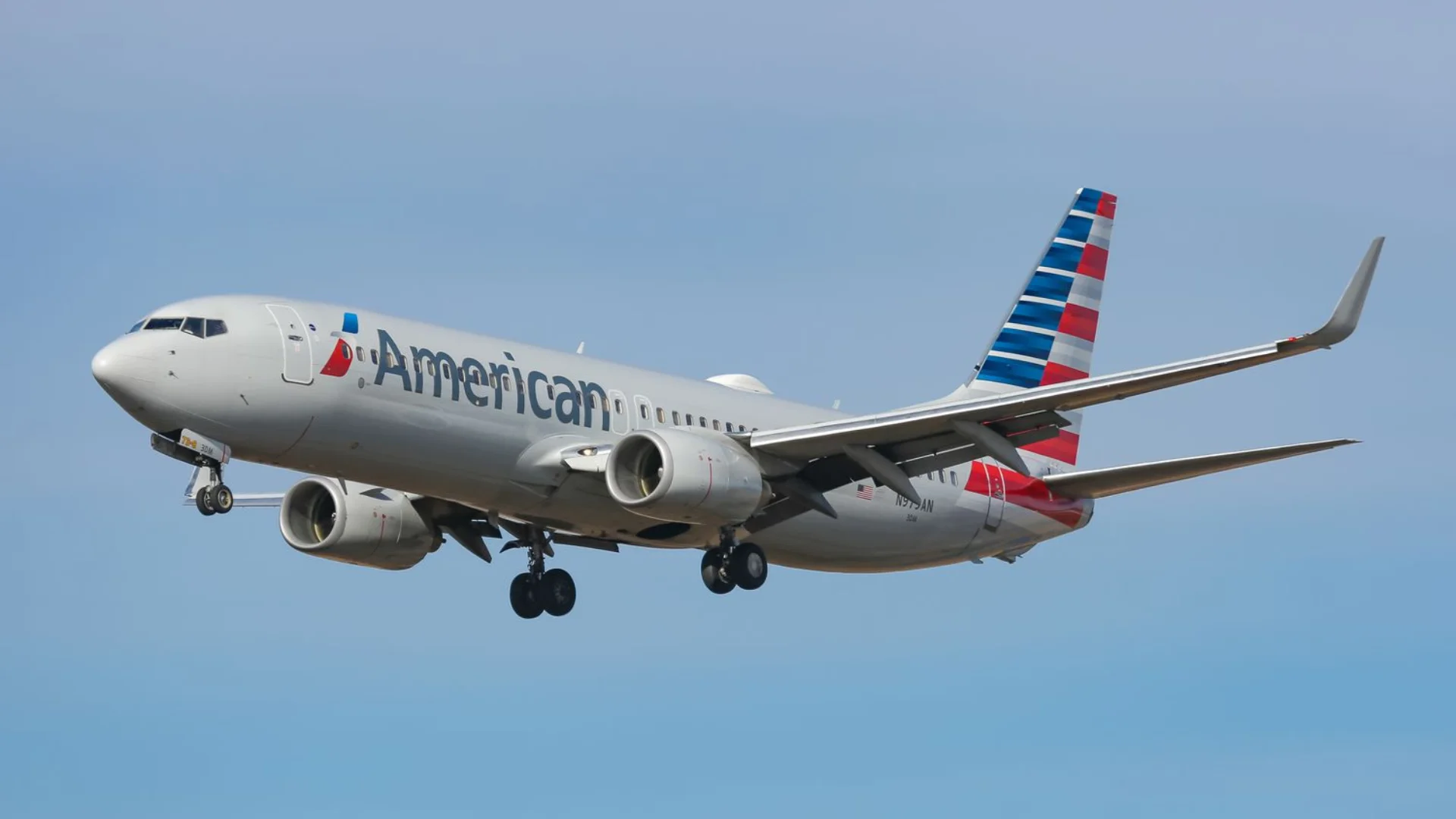Korean Air is set to continue operating its Airbus A380 and Boeing 747-8 aircraft longer than initially planned due to delays in receiving new planes from manufacturers. The airline's CEO, Walter Cho, had aimed for a 2026 retirement of these aircraft but ongoing delivery issues have pushed back this timeline.
The fleet currently includes six Airbus A380s with an average age of 11.6 years and eighteen Boeing 747-8s averaging 11.9 years in service. In addition, the airline operates forty-six Boeing 777s with an average operational span of 12.3 years.
Walter Cho explained to Executive Traveler that Korean Air is waiting on deliveries from both Airbus and Boeing, specifically twenty aircraft from each manufacturer. After completing its merger with Asiana Airlines, Korean Air will incorporate eight more A380s into its fleet. It remains undecided whether these will be updated to match Korean Air's current interiors.
 Alerts Sign-up
Alerts Sign-up







